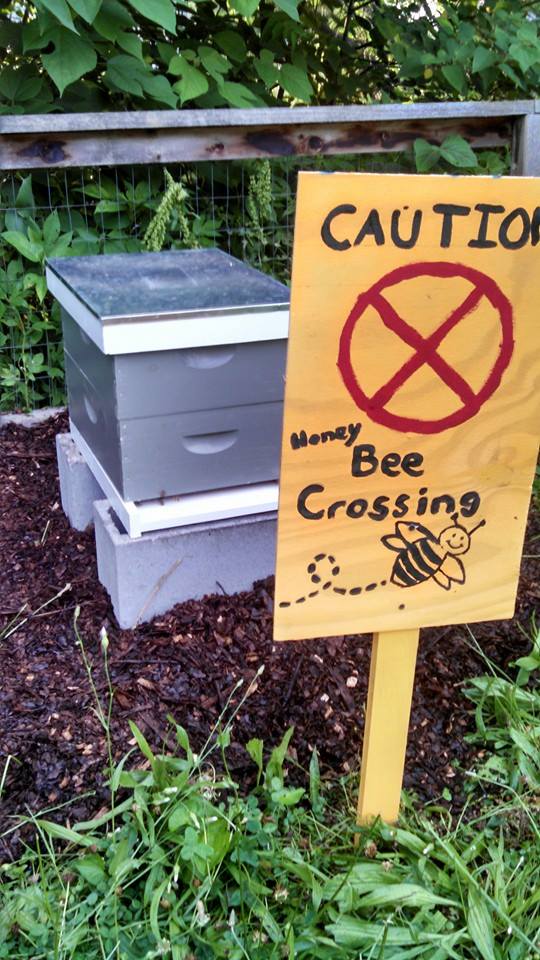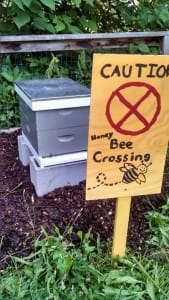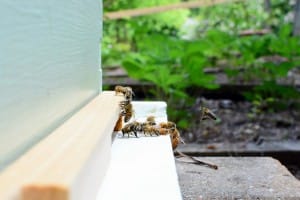Happy Earth Day week. How will you celebrate? Here, we are celebrating the bees – honey bees and native bees.
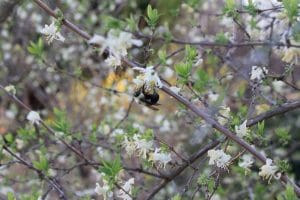
The decline in managed honey bee colonies in the United States is well documented. The United States Department of Agriculture (USDA) reports a decline from 6 million colonies in the 1940s to approximately 2.3 million in 2008. In 2015, beekeepers reported hive loses of 40%. This is a global problem with countries worldwide trying to understand bee loses. There are even calls for a coordinated multi-country initiative. Colony Collapse Disorder (CCD) is a term used to describe a certain type of mysterious honey bee deaths. No one can pinpoint the cause of CCD but scientists have proposed that many factors combine for a synergistic tragedy. The factors considered include habitat loss, poor honey bee nutrition, varroa mites, and pesticide issues. Several of the issues affecting honey bees also affect native bees.
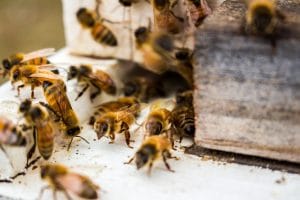
The United States Environmental Protection Agency (USEPA) is looking at a more proactive approach to protecting bees, especially honey bees. In 2013 the agency proposed specific pollinator protection language for products containing imidacloprid, clothianidin, thiamethoxam, or dinotefuran – all neonicotinoid insecticides. The agency has expanded this policy with the January 12, 2017, updated “U. S. Environmental Protection Agency’s Policy to Mitigate the Acute Risk to Bees from Pesticide Products”. The 2017 document is the result of an earlier proposal that was amended following public comment. This policy is designed to help managed honey bee colonies. The thought is that the measures taken to protect honey bees will inadvertently protect native bees as well. What can we as Georgia citizens and gardeners do to protect our bees?
Read the Georgia Pollinator Protection Plan
This plan, created by a collaboration of experts and stakeholders across Georgia. There is a role for every Georgia citizen.
Limit insecticide use.
- Make sure you know for sure what insect pest you are battling. Confirm any pest identification with your UGA Extension Agent. Have your agent help you devise a suitable integrated pest management plan for this pest.
- Spray only when other measures have failed.
- Thoroughly and carefully read the pesticide label and follow instructions. Remember, the label is the law!
- Spray only when other measures have failed.
- Do NOT spray blooming plants.
- If you have weeds in your lawn that have blooming flowers, mow them down. This eliminates the flowers that the bees would visit.
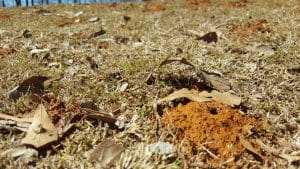
Create bee habitat
In Cherokee County, Georgia, construction of new homes and apartments has exploded over the last twelve months. This means that natural bee forage is being destroyed at about the same rate. Cherokee County is a snapshot of what is going on all across the United States as we lose our wild spaces.
Add pollinator habitat to your garden. You will find this helps bees and other beneficial insects as well. Choose plants suitable to your climate and have include things that bloom throughout the year. Visit the pollinator spaces webpage to get ideas.
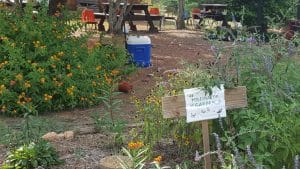
Support Your Local Beekeepers
Get to know your local beekeepers. Their bees provide pollination to your food crops! Do they sell their honey?
Learn what insect are in your garden
I ask each of you to spend some time this week in the garden just observing the insects that visit your space. Take a chair out with some sweet tea and just watch! Allow yourself to be fascinated by insect biology – what they look like, how they move, what flowers they visit, how they interact. Send photos of what you find to me at beckygri@uga.edu. I will repost photos on our UGA Community and School Gardens Facebook Page so we can all see what is flying in our gardens.
Happy Earth Day 2017 – Celebration of the Bees!

